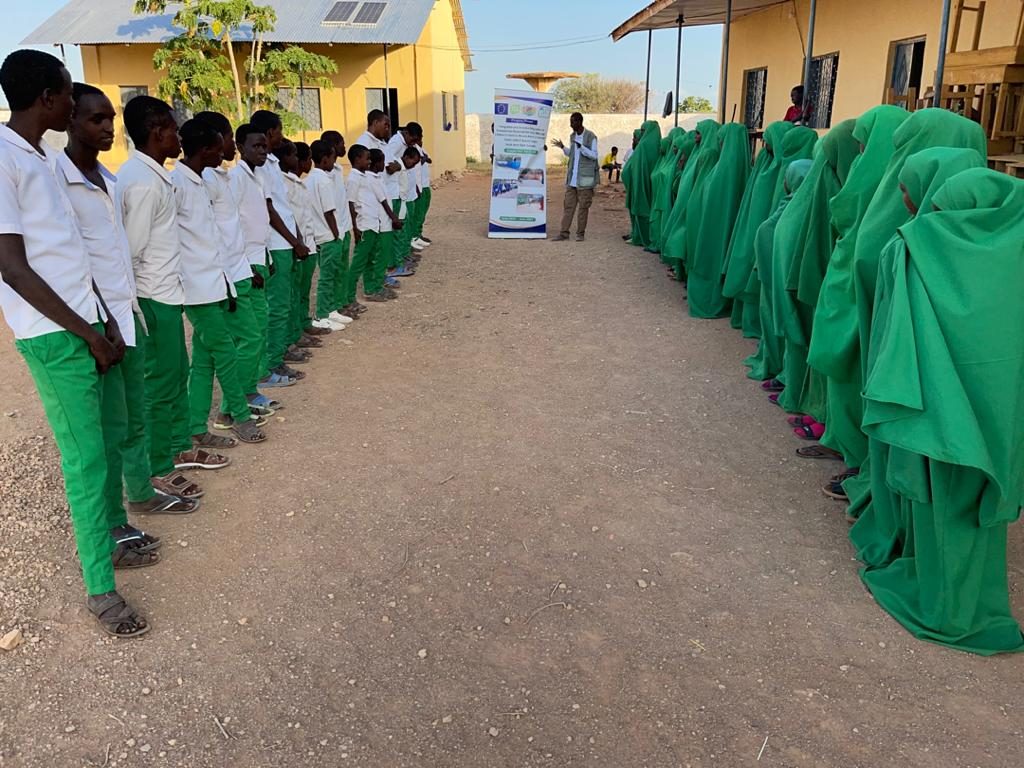Somalia is set to introduce Swahili, the lingua franca of East Africa, into its national education curriculum, in a move aimed at strengthening regional integration and promoting cross-border communication.
Education Minister Farah Sheikh Abdulkadir announced during the East African Community (EAC) Summit in Mogadishu, where he outlined the government’s commitment to making Swahili a language of learning, trade, and national cohesion.
“We want to see Swahili become a language of communication, trade, and learning, even replacing English during our next conference,” said Minister Abdulkadir.
The new initiative follows remarks by President Hassan Sheikh Mohamud, who emphasised that adopting Swahili is vital for Somalia’s deeper integration into the East African Community, which the country officially joined in 2024.
“The country’s universities, especially the Somali National University, should focus more on developing the Swahili language, which is the language of East Africa,” President Mohamud said.
“Adopting Swahili is important for our integration into the region.”
Currently, English serves as the main language of instruction for most subjects in Somali secondary schools, while Arabic is the only other compulsory second language.
The introduction of Swahili marks a historic shift in national education policy, reflecting Somalia’s renewed focus on regional cooperation and cultural exchange.
Swahili, spoken by over 200 million people, ranks among the world’s ten most widely used languages and serves as an official or national language in several East African nations, including Kenya, Tanzania, and Uganda.
Although Somalia’s national curriculum is currently delivered in Somali at the primary level and English at higher education levels, Swahili is already spoken in parts of the country, particularly along the southern coast.
The language’s use has expanded over recent years due to cross-border interaction, displacement, and the presence of African Union peacekeeping forces, many of whom use Swahili as their common language.
Hundreds of Somali refugees who fled to Kenya during the civil war have returned home fluent in Swahili, further contributing to its growing presence across the country.
By introducing Swahili into the national curriculum, Somalia aims not only to foster regional unity but also to equip its youth with the linguistic skills needed to participate in the East African economy and strengthen ties within the broader community.
The government’s decision marks a significant cultural milestone, positioning Somalia as an active and integrated member of East Africa’s evolving linguistic and economic landscape.

